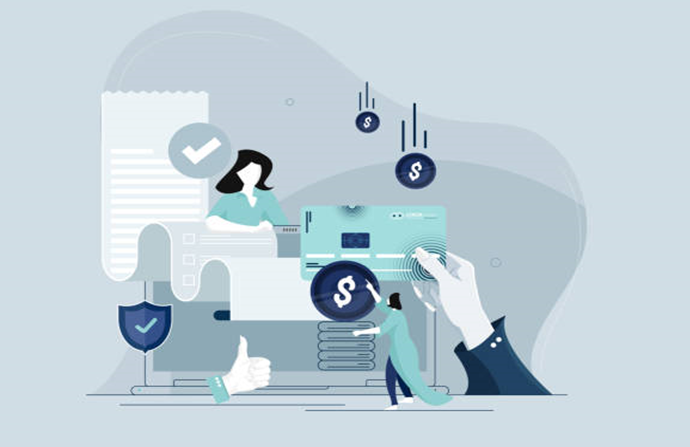
One important tip that professionals often give is to regularly review your bank statements. If you come across a transaction that you don’t recognize, it’s natural to wonder if you made that purchase. This can make you feel uneasy because financial discrepancies can lead to more serious problems down the line. So, how can you stop these mishandled finances from getting out of hand? The answer is using bank card reconciliation services. This important procedure can protect your accounts, help you find hidden financial errors, and guarantee the accuracy of your records.
Let us help you understand how card reconciliation works, its benefits, and how it might save you from mistakes.
What Is Bank Card Reconciliation?
For those who are not aware of such a term, it is a process of comparing the transaction on your bank statement with your internal financial records, such as expenditure reports, invoices, and receipts. By doing this, you can uncover any irregularities, unlawful transactions, or errors that might be hiding in plain sight.
A lot of people do not realize how important this process is. A study by the Association of Certified Fraud Examiners (ACFE) revealed that organizations lose an average of $1.5M per fraud case in 2024. Keeping correct financial records is not just a smart practice but also important for the well-being of your personal or corporate finances when amounts like that are involved.
Catching Hidden Financial Mistakes with Bank Card Reconciliation
1. Avoiding Mistakes
The primary goal of bank card reconciliation is to find and fix any gaps that exist between your internal documentation and bank statements. Suppose you received an invoice for $200, but you entered it into your internal accounting by mistake as $250.
If you don’t reconcile, you may find yourself believing that you have less cash on hand than you actually have, which could result in unwarranted spending reductions or lost investment possibilities.
2. Fraud Detection
If transactions are not closely monitored, they may go unreported as fraudulent or unauthorized. Every transaction is closely examined by bank card reconciliation, which helps in the early detection of any suspicious activity.
Did you know that the Federal Trade Commission (FTC) received 2.8 million fraud reports from consumers in 2021? You may protect your financial security by routinely reconciling your bank statements to identify inconsistencies before they get out of hand.
It is important to promptly investigate any unfamiliar charges on your bank statement, such as those for luxury vacation packages, that you did not make. The sooner you discover and report these charges, the better your chances are of resolving the issue and preventing further losses.
3. Maintaining Accuracy
The likelihood of expensive mistakes is reduced when your financial records are accurate and up to date. Accurate recording of all charges and credits is ensured by bank card reconciliation, which is essential for efficient cash flow management and financial reporting.
Reconciliation on a regular basis might also make audits simpler. Having clean and precise records makes the process smoother, minimizing stress and the potential of penalties for false reporting.
4. Simplifying Financial Reporting
Better financial reporting results from accurate financial records. Dependable data is essential for any task, including tax preparation and performance evaluation. Financial reporting errors may result in fines or audits, among other severe legal consequences.
How Do You Sort Through the Transactions on Your Bank Card?
- Compile Your Documents: Gather all related paperwork, such as invoices, receipts, and bank statements.
- Compare Transactions: Examine every transaction on your bank statement and make sure it agrees with the information you have on file.
- Determine Inconsistencies: Take note of any inconsistent transactions. Are there any unapproved charges you are not aware of? Are there entries that were recorded with different amounts?
- Examine and Adjust: After discrepancies are found, examine them. Determine if the charges were the result of valid charges that were simply recorded improperly, unlawful transactions, or errors.
- Preserve Detailed Records: Record any differences and modifications made throughout the reconciliation procedure. This supports financial assessments and audits.
- If you believe that this process is too much to handle, you can think about hiring a professional bank card reconciliation service. Reconciliation specialists can provide expert advice to ensure your records are accurate and current.
To Wrap Up
Bank card reconciliation is an essential procedure that keeps your records straight, helps you identify hidden financial errors, and guards against fraud. With the appropriate technique, you may avoid costly errors, simplify financial reporting, and build confidence in your financial management.
All of this looks too confusing. Don’t worry. Reach out to us. Let us take control of your financials so there are no hidden inconsistencies that hold you back! Give us a call today!
